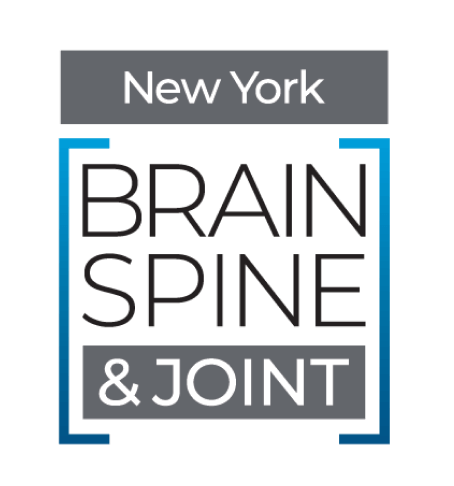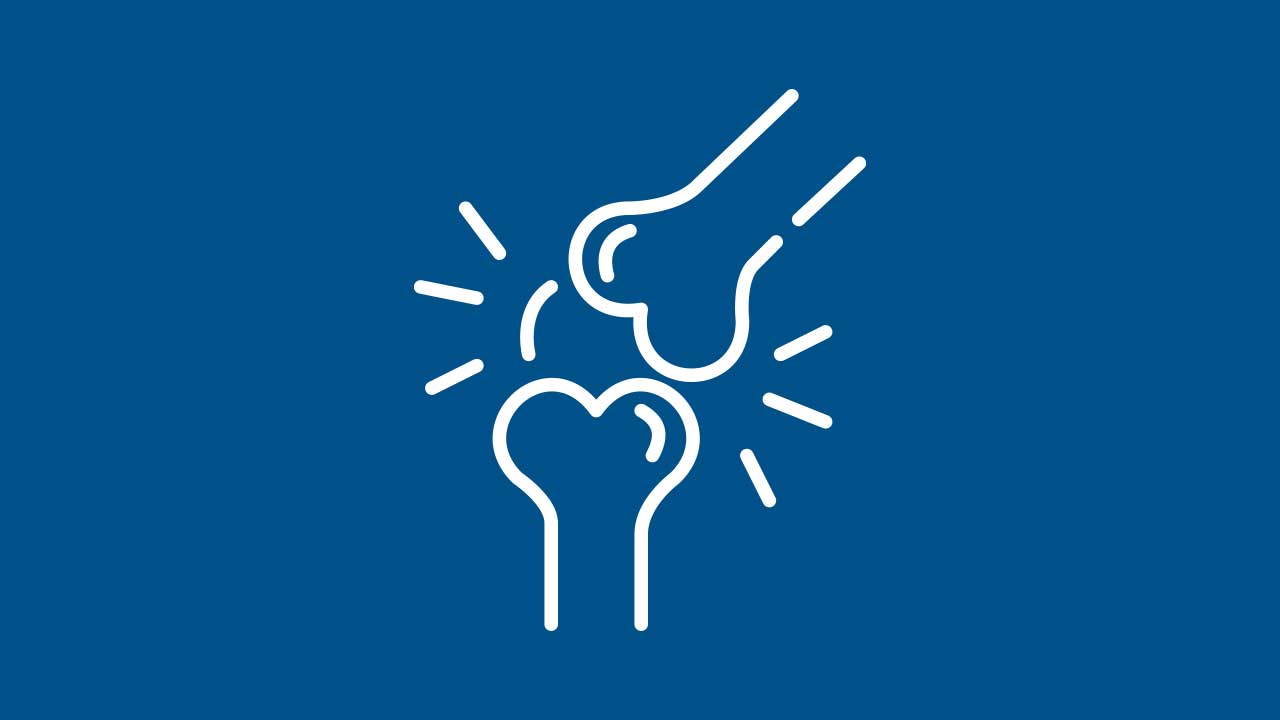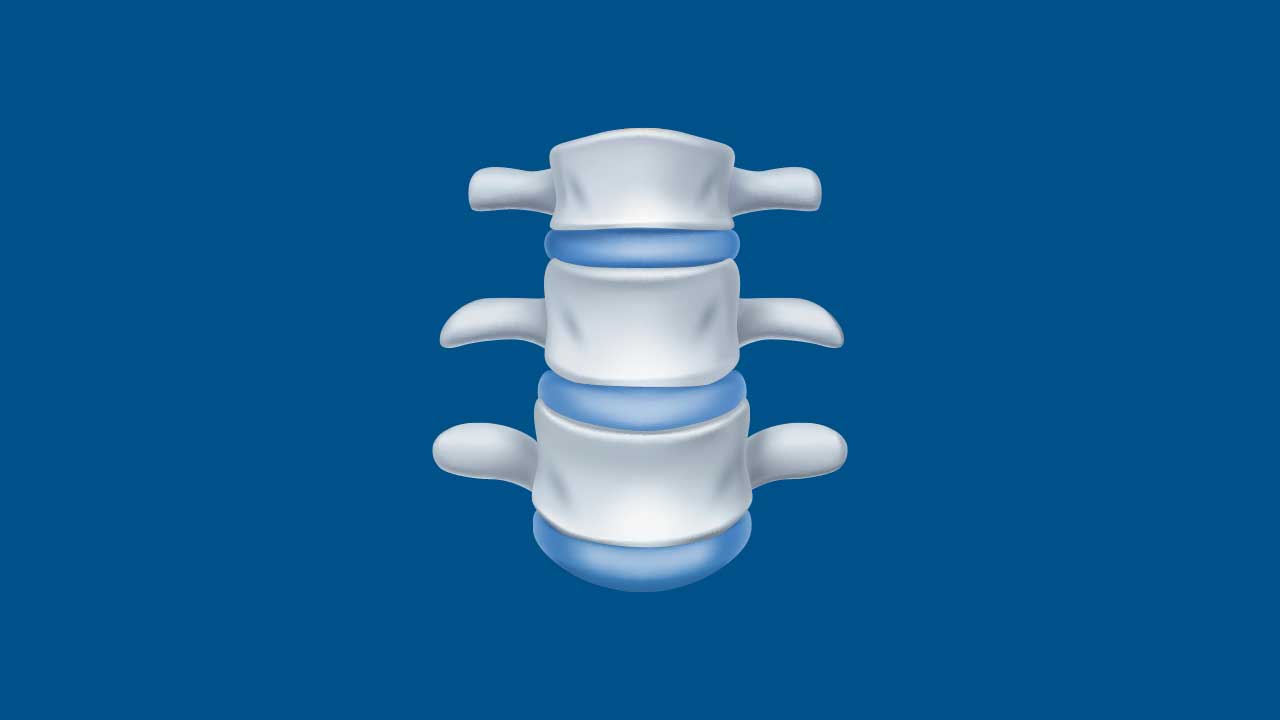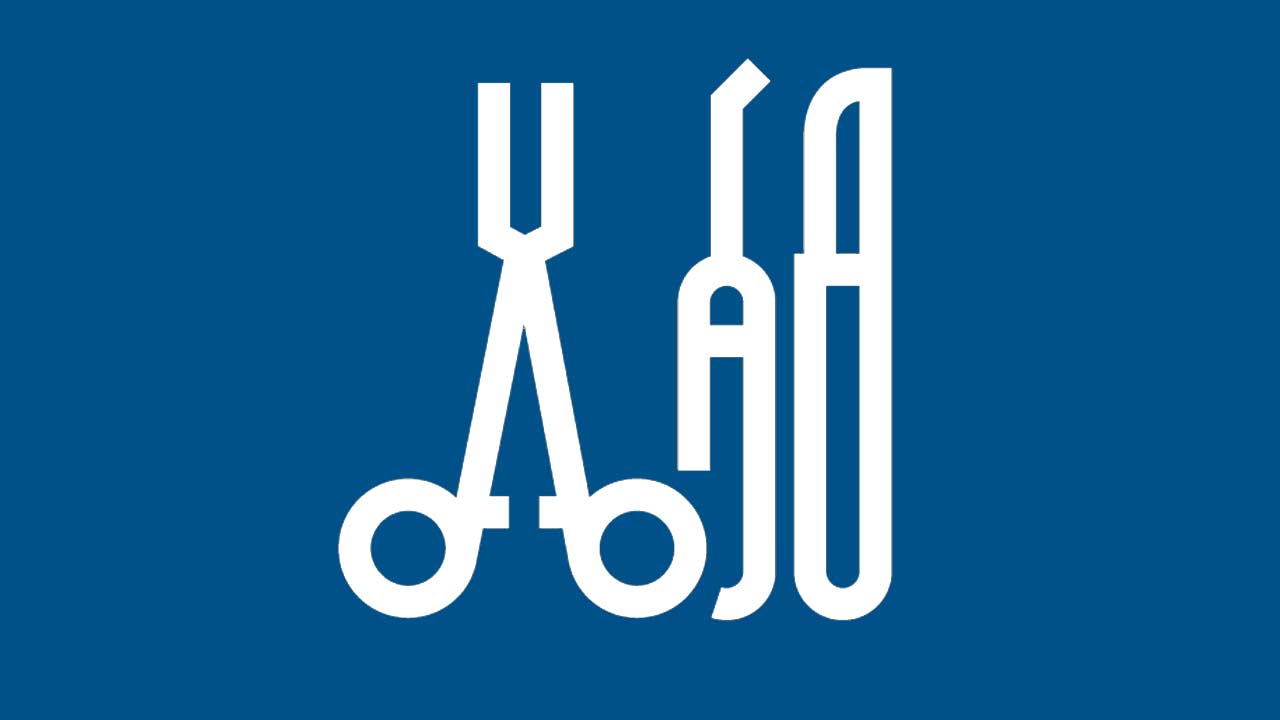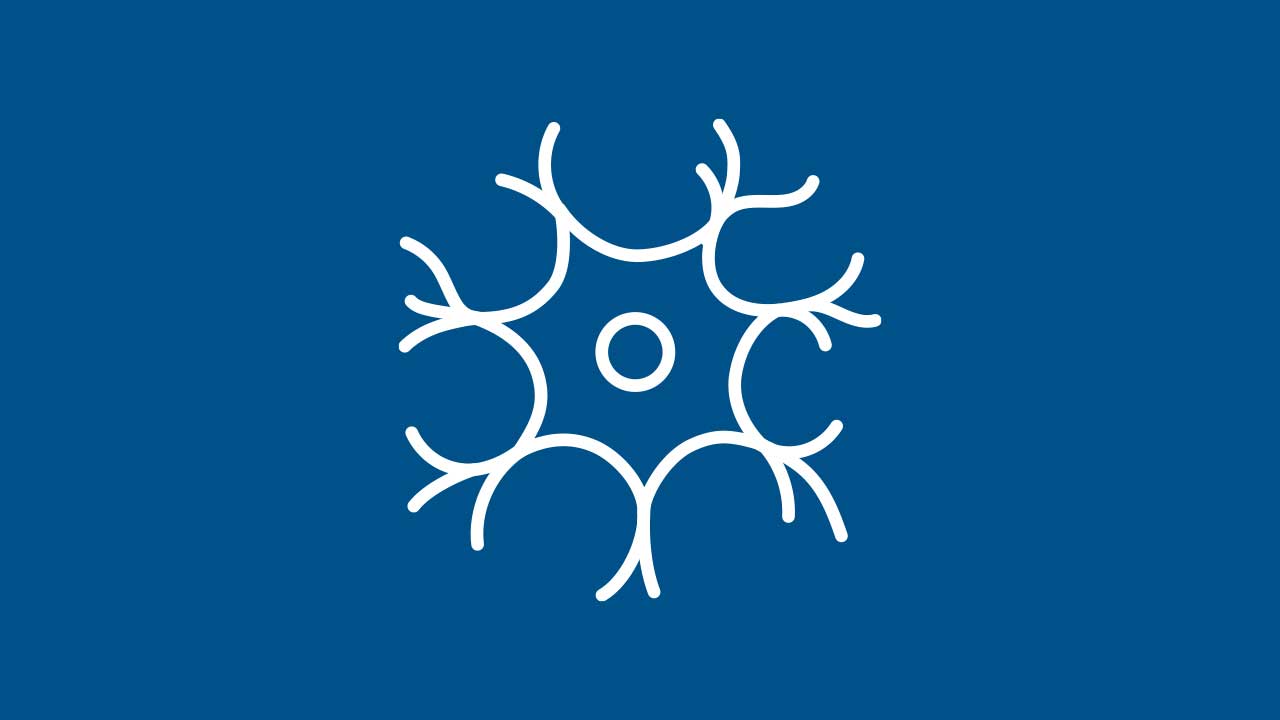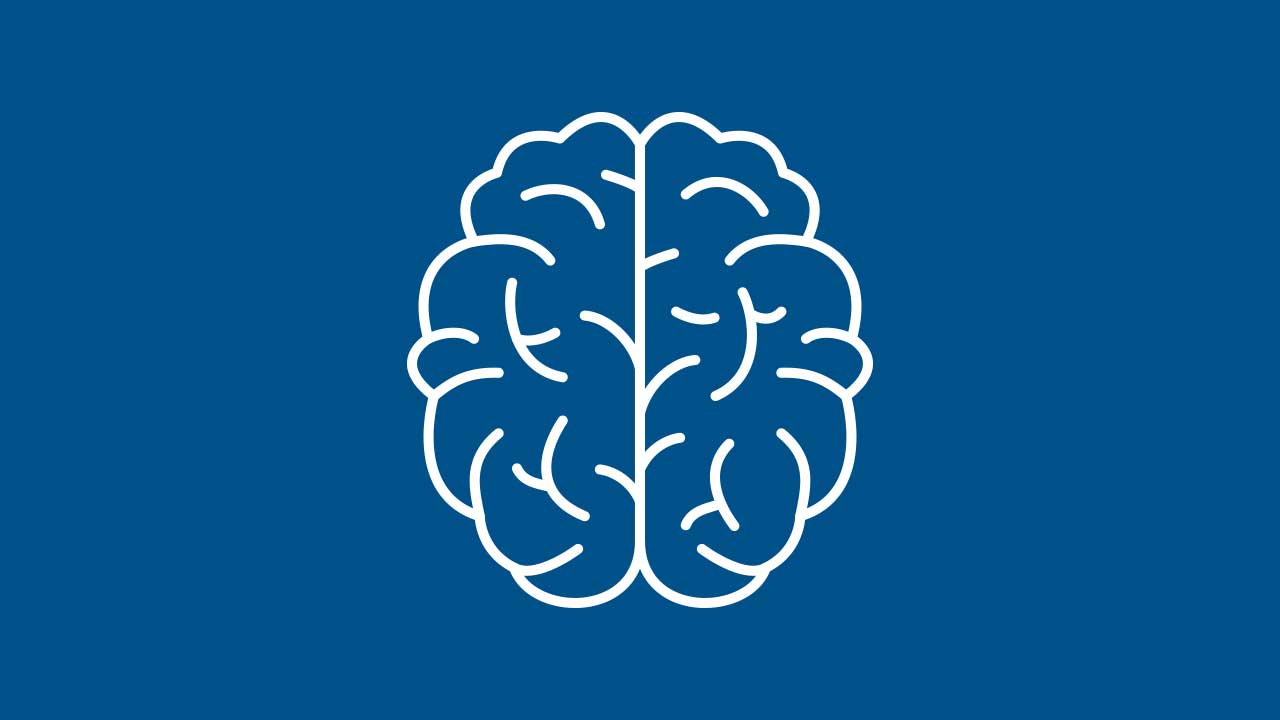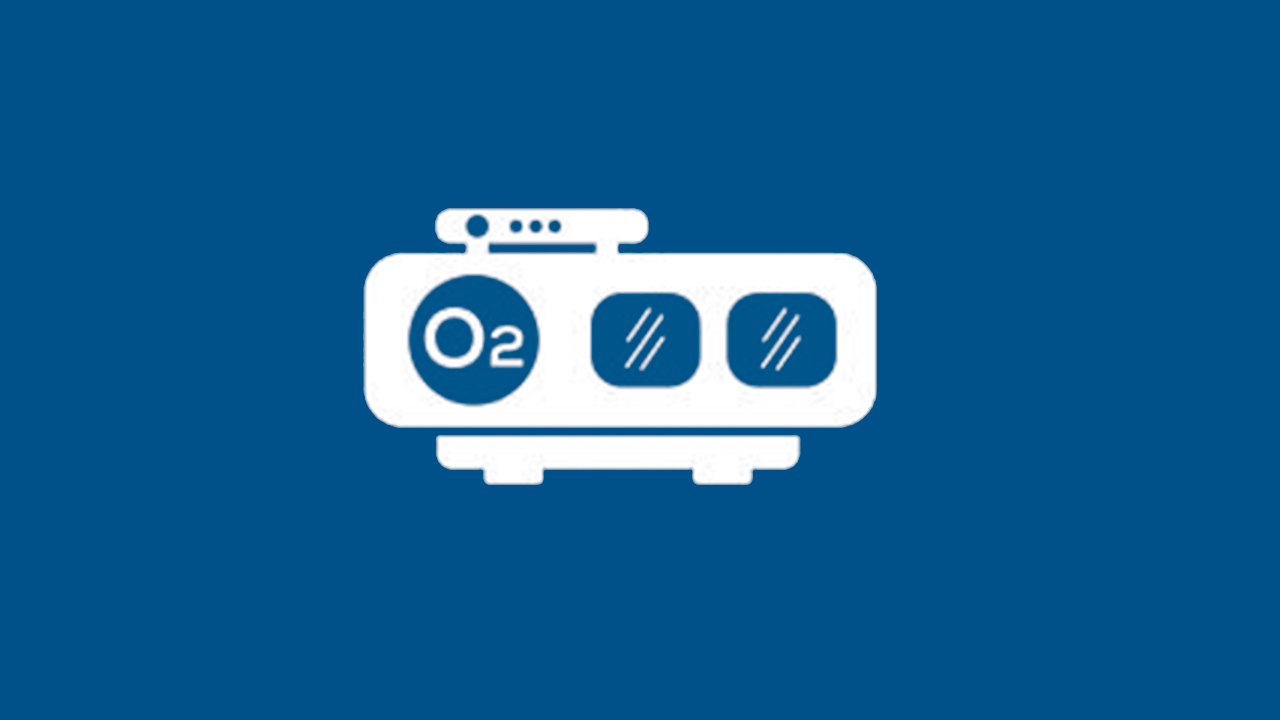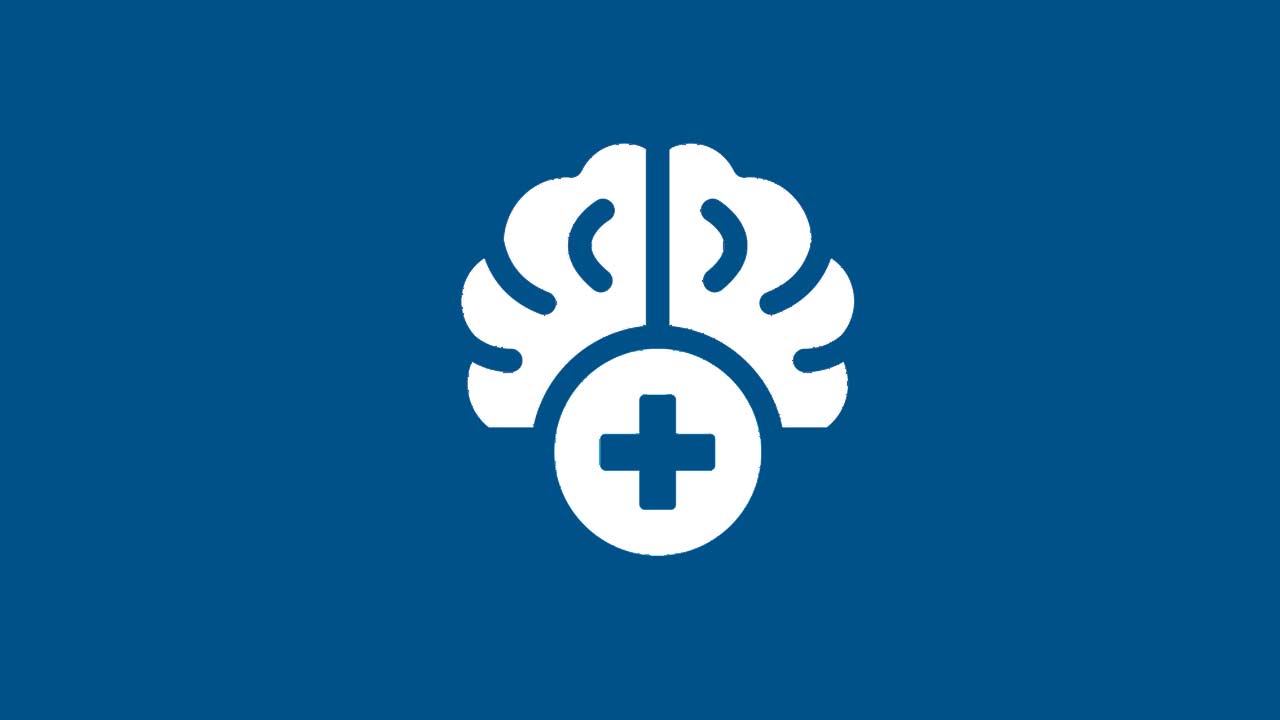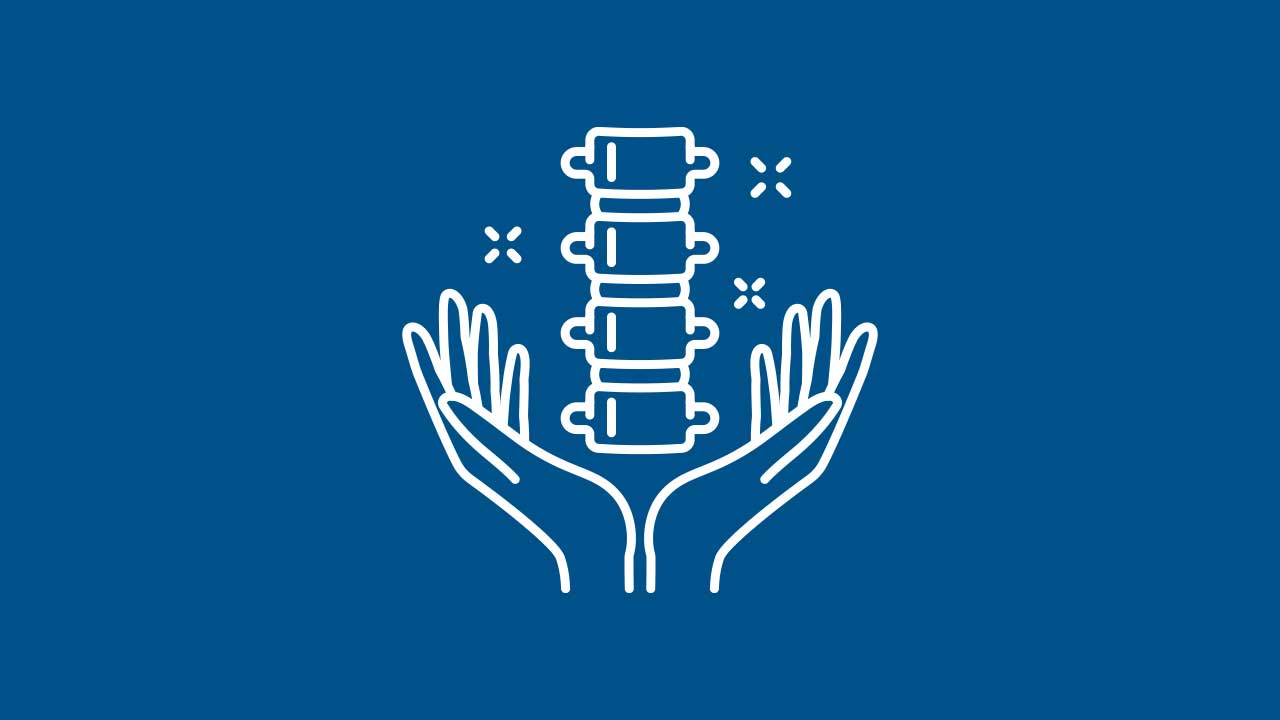Rotator Cuff
Rotator Cuff and Shoulder Conditions: Understanding, Diagnosing, and Treating Shoulder Pain
The rotator cuff is a group of muscles and tendons surrounding your shoulder joint, providing stability and enabling a wide range of movements. Injuries or degenerative conditions affecting the rotator cuff are common, especially among active individuals and older adults. Shoulder conditions can significantly impact daily activities, from simple tasks like reaching overhead to more complex motions involved in sports or physical work. This article offers a comprehensive overview of rotator cuff and related shoulder conditions, covering causes, symptoms, diagnostic methods, and treatment options, including when surgical intervention might be necessary.
Understanding the Rotator Cuff and Shoulder Joint
Your shoulder joint is a ball-and-socket joint formed by the upper arm bone (humerus) and the shallow cavity of the shoulder blade (scapula). The rotator cuff comprises four main muscles and tendons that stabilize this joint, allowing fluid movement and maintaining shoulder integrity.
Common Rotator Cuff and Shoulder Conditions
Several conditions may lead to shoulder pain or dysfunction, including:
- Rotator Cuff Tear: Partial or complete tears of rotator cuff tendons, often from repetitive stress or acute injury.
- Rotator Cuff Tendinitis: Inflammation and irritation due to repetitive overhead movements.
- Shoulder Impingement: Compression of rotator cuff tendons between the shoulder blade and upper arm bone.
- Frozen Shoulder (Adhesive Capsulitis): Stiffness and pain in the shoulder due to inflammation and tightening of the shoulder capsule.
- Shoulder Arthritis: Degenerative changes to cartilage in the shoulder joint, leading to chronic pain and limited movement.
Causes of Rotator Cuff and Shoulder Conditions
Several factors contribute to shoulder injuries and degeneration:
- Age-Related Degeneration: Tendons weaken and lose elasticity with age, making them more susceptible to tears.
- Repetitive Movements: Activities involving repeated overhead movements (sports like tennis or baseball, or occupations like painting) can stress the shoulder.
- Trauma or Acute Injury: Falls, lifting heavy objects improperly, or direct impacts can result in immediate tears or damage.
- Poor Posture: Chronic poor posture can strain shoulder structures, contributing to impingement and inflammation.
Who Is at Risk?
- Individuals over age 40
- Athletes involved in overhead sports
- Workers performing repetitive lifting or overhead tasks
- People with previous shoulder injuries or arthritis
- Family history of degenerative joint conditions
Symptoms of Rotator Cuff and Shoulder Problems
- Pain: Often localized to the shoulder or upper arm; may worsen with overhead activities or at night.
- Weakness: Difficulty raising your arm or performing lifting movements.
- Limited Range of Motion: Stiffness or inability to move your shoulder freely.
- Clicking or Popping Sensations: These can occur with certain movements.
- Swelling or Tenderness: Visible inflammation or sensitivity around the shoulder joint.
Diagnosing Shoulder Conditions
Your doctor will evaluate symptoms, medical history, and perform a physical examination. Diagnostic methods may include:
- Physical Exam: Checking shoulder strength, range of motion, and identifying painful movements.
- X-rays: Revealing bone spurs, arthritis, or alignment issues.
- MRI or Ultrasound: Providing detailed views of soft tissues, clearly indicating tears or inflammation.
Non-Surgical Treatment Options
Many shoulder conditions improve with conservative, non-surgical approaches, including:
- Rest and Activity Modification: Avoiding or limiting movements that exacerbate pain.
- Physical Therapy: Strengthening and flexibility exercises to restore function and relieve discomfort.
- Medication: NSAIDs (e.g., ibuprofen) or acetaminophen for pain relief and inflammation control.
- Steroid Injections: Reducing inflammation and relieving pain in severe cases.
When Is Shoulder Surgery Necessary?
Surgical treatment is typically considered if conservative treatments do not adequately relieve symptoms or when significant tears or structural damage compromise shoulder function. Common surgical procedures include:
- Arthroscopic Rotator Cuff Repair: Minimally invasive surgery repairing torn tendons through small incisions, leading to faster recovery times.
- Open Rotator Cuff Surgery: Used for larger or complex tears, allowing direct visualization and repair.
- Shoulder Replacement (Arthroplasty): Recommended for advanced arthritis or irreparable rotator cuff damage, replacing joint surfaces to restore function.
What to Expect During Recovery
- Postoperative Care: Typically involves initial immobilization of the shoulder using a sling.
- Rehabilitation and Physical Therapy: Early initiation of physical therapy to regain strength, mobility, and function.
- Long-term Management: Regular follow-ups to monitor healing and maintain shoulder health.
Maintaining Shoulder Health
To help prevent recurrence or development of shoulder issues:
- Regularly practice shoulder-strengthening exercises.
- Maintain proper posture.
- Avoid repetitive overhead movements or ensure proper technique and breaks during activities.
Our Multi-Disciplinary Approach in NYC
Our multi-location, multi-disciplinary medical practice in the New York City metro area provides comprehensive care for brain, spine, and joint conditions. Serving patients throughout New York state, the United States, and internationally, we combine cutting-edge diagnostics with personalized treatments tailored to each patient's needs. Our team of orthopedic surgeons, neurosurgeons, pain management specialists, and rehabilitation professionals collaborate closely to deliver world-class, patient-centered care.
Frequently Asked Questions (FAQs)
- Can rotator cuff tears heal on their own?
Small, partial tears may improve with rest and rehabilitation, but larger tears typically require surgical intervention. - How long does it take to recover from rotator cuff surgery?
Full recovery generally takes 4-6 months, depending on the extent of the injury and adherence to rehabilitation protocols.
Additional Resources
- American Academy of Orthopaedic Surgeons: Rotator Cuff Tears
- National Institute of Arthritis and Musculoskeletal and Skin Diseases (NIAMS): Shoulder Problems
Conclusion
Rotator cuff and shoulder conditions can profoundly affect your quality of life. Early diagnosis and appropriate intervention—whether conservative or surgical—can restore function, reduce pain, and enhance overall shoulder health. Our expert team in NYC is dedicated to guiding you through your recovery journey, offering state-of-the-art care to help you achieve lasting results.
Disclaimer: This article is intended for informational purposes only and should not replace professional medical advice, diagnosis, or treatment. Always consult your healthcare provider regarding your specific medical condition.
